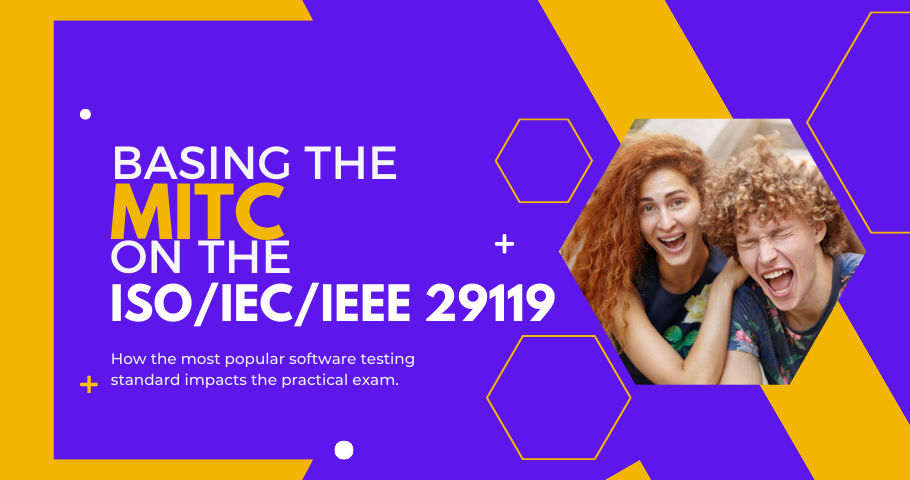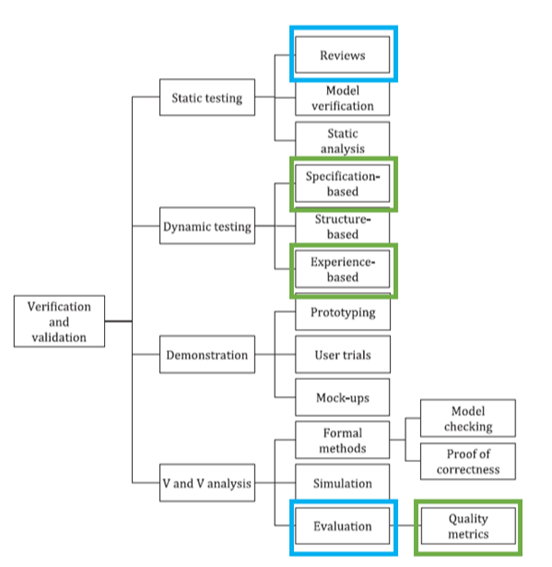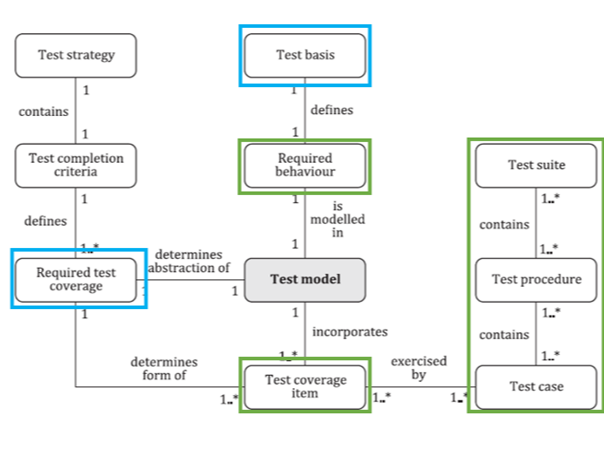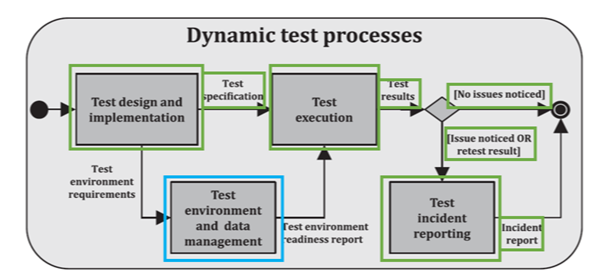What is ISO/IEC/IEEE 29119 and how is it used in the MITC exam?
When creating the MITC Software Testing Level 01 exam, we considered it crucial to base it on the most important standards in the software testing world.
The ISO/IEC/IEEE 29119 standard, offering a comprehensive set of guidelines for testing processes, naturally became the foundation for the practical exam. Thanks to this, the certificate guarantees that candidates possess knowledge under current industry standards.
What is ISO/IEC/IEEE 29119?
The ISO/IEC/IEEE 29119 standard is a set of standards developed to unify software testing processes on a global scale. It is a valuable reference point for software testers in any organization, regardless of the specifics of the software being tested, the methodology used, or the company's size.
The standard was developed jointly by three standardization organizations:
- The International Organization for Standardization (ISO)
- The International Electrotechnical Commission (IEC)
- The Institute of Electrical and Electronics Engineers (IEEE)
Work on the document began in 2007 intending to create a comprehensive standard covering all aspects of software testing. The first three core parts on test terminology, the test process, and test documentation were published in 2013, while the fourth core part, on test techniques, was published in 2015. In subsequent years, the standard has been updated and expanded to reflect new trends and technologies in software testing. The last update was in 2022.
Goal and scope of the standard
The main goal of ISO/IEC/IEEE 29119 is to establish a global set of software testing standards and to define fundamental concepts in this domain. The essence of the standard is therefore its ability to be applied in any context and using different software life cycle models because it considers the variety of software types, programming organizations, and development approaches.
Structure of the standard
The ISO/IEC/IEEE 29119 series of standards consists of five parts:
- Part 1. General concepts: Introduces basic software testing concepts and defines the role of testing in quality management.
- Part 2. Test processes: Defines test processes that can be used to manage and implement software tests in any organization or project. The document includes general descriptions of test processes, from initiation to completion, specifying the roles and responsibilities of testers and other stakeholders.
- Part 3. Test documentation: Describes test documentation resulting from the processes defined in Part II and defines the requirements for documenting test processes.
- Part 4. Test techniques: Presents a variety of test techniques that can be used in the test process.
- Part 5. Keyword-Driven Testing: Contain additional information, such as example system characteristics and associated recommended test approaches, as well as a description of typical test roles.
Components of ISO/IEC/IEEE 29119 in MITC
MITC Software Testing Level 01 certification is based on the first part of ISO/IEC/IEEE 29119 in the following scope:
Legend: in green - required topics, in blue - optional topics
Chapter 4.1.3. Verification and validation methods or practices
Chapter 4.2.5 Testing in development and maintenance life cycles
Chapter 4.3.1.4. Test management procesess
Chapter 4.3.1.5. Dynamic test processes
Benefits of basing MITC Software Testing Level 01 on ISO/IEC/IEEE 29119
Making MITC Software Testing Level 01 align with the ISO/IEC/IEEE 29119 standard offers several advantages to candidates, making it an exceptionally valuable certification:
- ISO/IEC/IEEE 29119 is an international standard
By adhering to the ISO/IEC/IEEE 29119 standard, the exam ensures that the knowledge and skills assessed for candidates are consistent and reliable on a global scale. This means that employers worldwide can recognize the value of your certification.
- Comprehensive Coverage
The standard covers a comprehensive set of guidelines for software testing, including planning, designing, test management, and reporting. Passing an exam based on this standard demonstrates broad knowledge of software testing.
- Practical Expertise
The standard emphasizes the practical application of testing processes. Therefore, the exam based on this standard requires candidates not only to possess theoretical knowledge but also to demonstrate the ability to apply that knowledge in real-world scenarios.
- Foundation for Further Advancement
MITC Software Testing Level 01 certification serves as a solid foundation for further development in the field of software testing. It prepares candidates for subsequent MITC certification levels (which are planned for the near future) and for taking on more advanced challenges in their careers.
- Career Enhancement
Holding the MITC Software Testing Level 01 certification is a valuable asset for anyone seeking to advance their career in software testing. It confirms your high level of competence and skills, making you a more attractive candidate to potential employers.
Overall, aligning with the ISO/IEC/IEEE 29119 standard bolsters the credibility of the MITC certification. Candidates can be confident that their knowledge and skills have been verified against a globally recognized benchmark.





